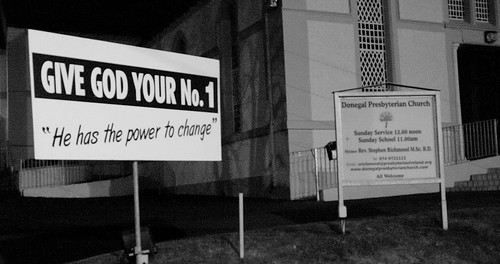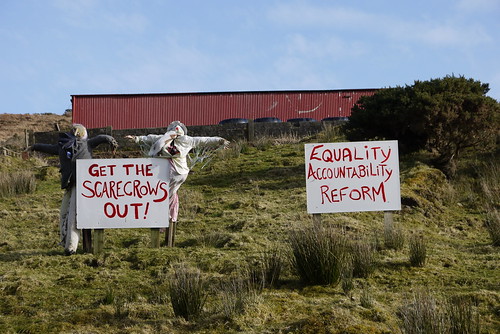Very thoughtful piece in Technology Review by John Palfrey. One of his contentions is that
the technology matters far less than the context of the politics, culture, and history of the place and people involved in using the technologies. In Tunisia and Egypt, it was crucial that a minimal number of people, commonly both young and elite, had high literacy rates, access to the technologies, and skill in using them. These states have very large youth populations and growing levels of sophistication, at least among the children of the wealthy, in their access to and use of digital technologies. One organizer of the Egyptian uprisings is now known to have been 30-year-old Google executive Wael Ghonim. He had created a Facebook page to commemorate 28-year-old Khaled Said, a businessman beaten by police the previous June. The sophistication of the activists and the corresponding lack of sophistication of the autocrats matters enormously.
The regional context matters in another way. It is plausible that the domino effect that we are witnessing in the Middle East and North Africa has something to do with the network as well. In some respects, common language and use of the same Internet-based tools is more important in a digitally mediated world than geopolitical boundaries are. The fact that the uprising in Tunisia prompted sympathetic protests in the region, and as far away as Turkey, may have something to do with the extent to which digital networks carried news of the uprisings very quickly, through social media and formal news outlets, in Arabic, English, French, and other languages. This is not to say that the governments in Libya and Bahrain will necessarily experience what the governments in Tunisia and Egypt have. It is instead to say that linguistic and regional affinities may be strengthened through digital networks, and may in turn lead to tinderbox-like conditions in certain regional settings.
He also has a useful categorisation of the four phases of governmental interactions with the Internet:
1. Open Internet: 1983-2000
2. Access denied: 2000-2005
3. Access controlled: 2005-2010
4. Access contested: 2011-








